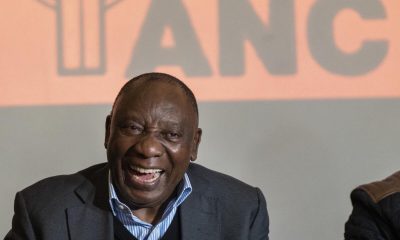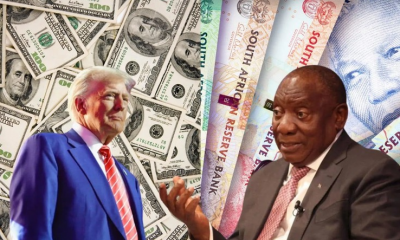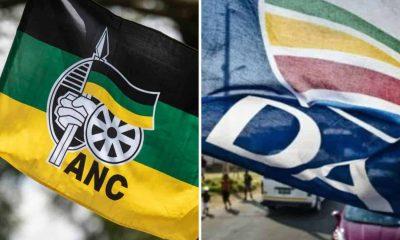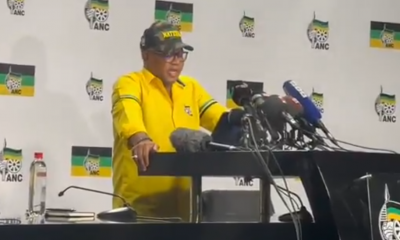Business
ANC Under Fire: Taxpayers Fume Over Proposed VAT Hike and Public Sector Wage Increases
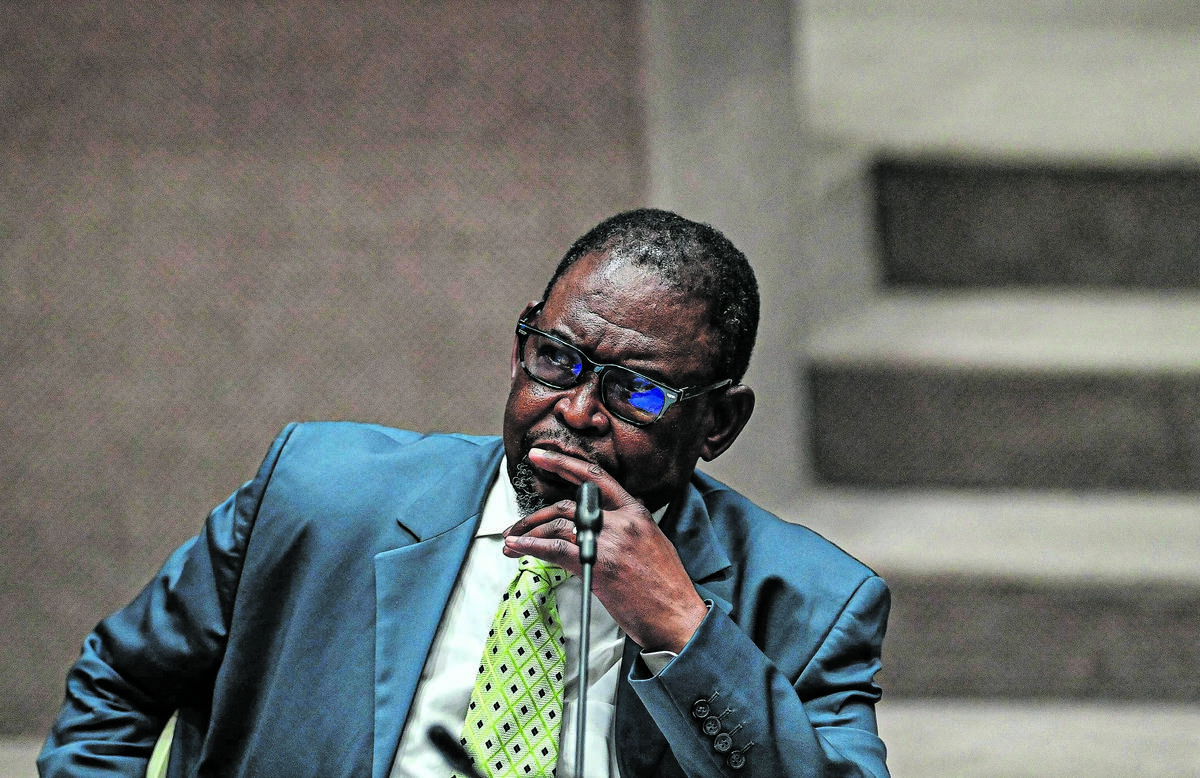
South Africans are up in arms over the African National Congress (ANC)’s proposed increase in the value-added tax (VAT) rate, which is intended to fund above-inflation wage hikes for public sector workers. The move has sparked widespread criticism, with many accusing the ANC of fiscal mismanagement and failing to address the country’s economic challenges.
The proposed VAT hike, from 15% to 17%, was outlined in the undelivered February 2025 National Budget. National Treasury justified the increase by stating that over 75% of VAT revenue comes from households in the top four expenditure deciles—those spending R118,000 or more annually. However, this reasoning has done little to quell public outrage, as citizens grapple with rising living costs and a stagnant economy.
A Broken System
The backlash was palpable at a recent PwC breakfast discussion, where panellists lambasted the ANC for its inability to rein in public spending and curb the bloated public sector wage bill. Busisiwe Mavuso, CEO of Business Leadership South Africa, did not mince words, describing the ANC’s leadership as a “classic case of thieves masquerading as government officials.”
Mavuso highlighted the systemic issues plaguing local government, where unqualified individuals are often appointed to manage multi-trillion-rand budgets. “You just have to be unemployed, join an ANC branch, speak loudly—whether you make sense or not—and somehow you land a job at municipal level,” she said. “These are people who have never run a spaza shop, yet they’re entrusted with managing our economy.”
Scoring Own Goals
Mavuso attributed South Africa’s economic woes to a series of “own goals” by the ANC-led government, including rampant corruption and mismanagement. “We are in this mess because we score a lot of own goals,” she said. “It did not happen automatically. There was a deliberate decision to loot the state coffers. Once you’ve caused this much damage, it’s naïve to think we can reverse it in a year.”
Much now rests on the government of national unity (GNU), which Mavuso believes has the potential to make tough decisions, such as cutting the wage bill. The GNU’s decision to halt the budget process—despite the risk of international and domestic outcry—sends a strong message that it is not beholden to the ANC’s agenda.
Time to Pick a Fight
Qaanitah Hunter, a prominent political journalist and author, argued that the government must take a hard line with trade unions to address the wage bill crisis. “It’s time to pick a fight with the unions,” she said. “You have nothing to lose. Your country is on the brink. At 76% debt-to-GDP, we’re already heading for bankruptcy.”
Hunter also criticized the funding model for local government, calling it fundamentally flawed. “When it eventually explodes, the consequences will be far worse than anything Eskom has done,” she warned.
The Need for Fiscal Discipline
Lullu Krugel, chief economist at PwC, lamented the lack of effective fiscal policy in South Africa. “Fiscal policy is supposed to stimulate growth, cut taxes, and put money back into the system. Instead, we’re seeing the opposite,” she said. “We should never have reached a point where a VAT increase was necessary.”
Krugel emphasized the need for bold action from Finance Minister Enoch Godongwana, whose position has become increasingly untenable. “He must make cuts, but they must be the right cuts,” she said. “Few are convinced he has the will to do it.”
A Call for Accountability
As South Africa teeters on the edge of economic collapse, the call for accountability has never been louder. Business leaders, economists, and citizens alike are demanding that the government prioritize fiscal discipline and curb wasteful expenditure.
“Business is now doing the work of government,” Hunter noted, referring to private sector efforts to fix failing municipalities and infrastructure. “But when we outsource government responsibilities to the business sector, there must be guardrails. Otherwise, it’s like giving money to a drug addict.”
Final Thoughts
The proposed VAT hike and public sector wage increases have exposed deep-seated issues within South Africa’s governance and economic management. As the ANC faces mounting criticism, the GNU’s ability to implement meaningful reforms will be crucial in steering the country away from fiscal disaster. For now, South Africans are left to bear the brunt of poor decision-making, with little relief in sight.
Follow Joburg ETC on Facebook, Twitter , TikTok and Instagram
For more News in Johannesburg, visit joburgetc.com

